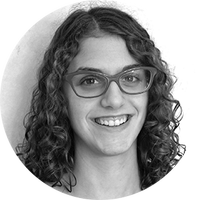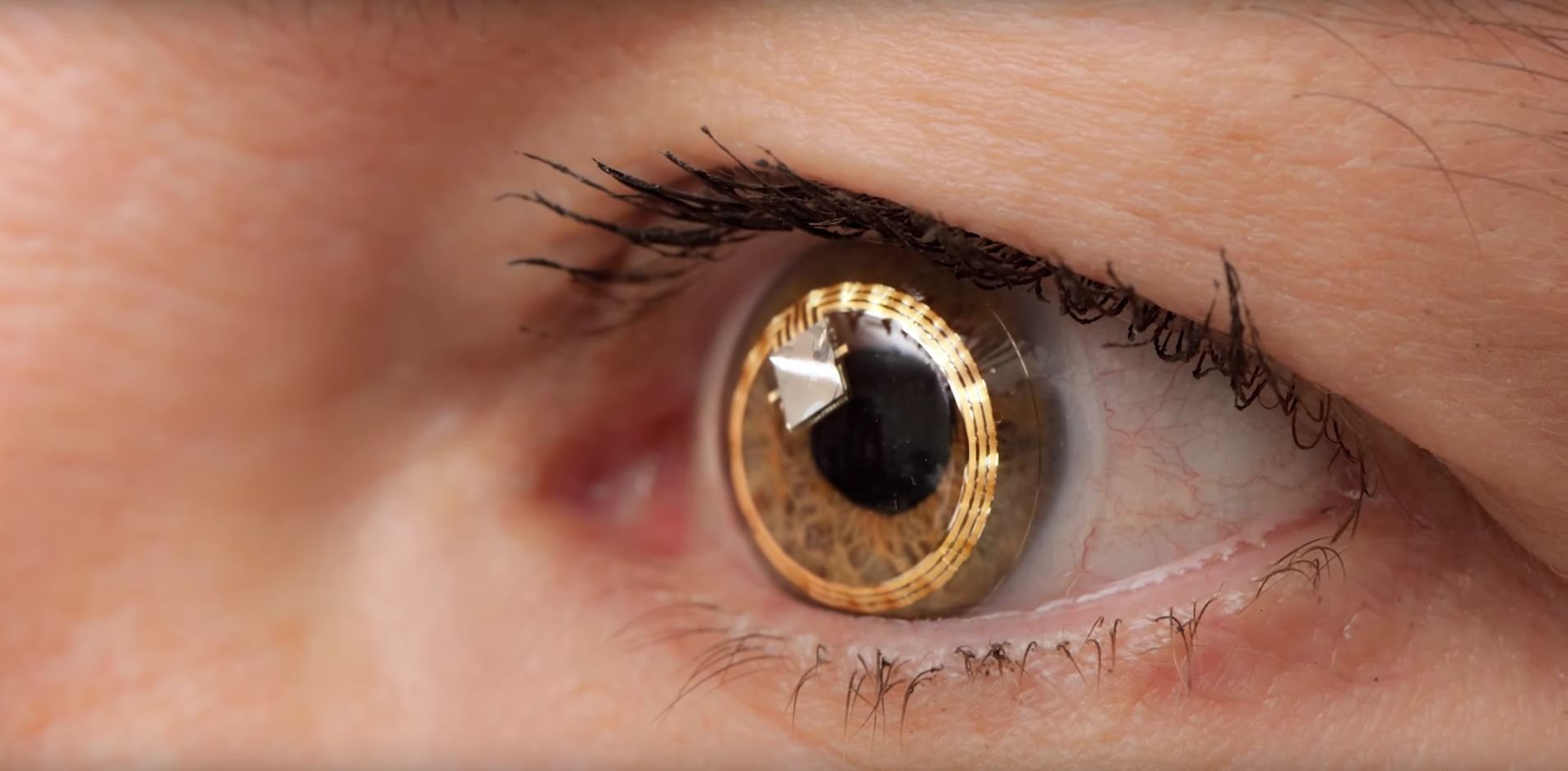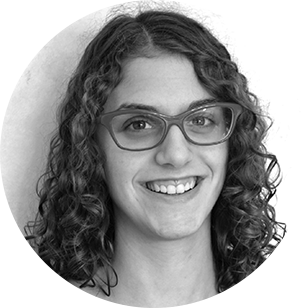How smart contact lenses will create the sci-fi eyes of the future
Get better night vision, eye health monitoring, and more


A free daily email with the biggest news stories of the day – and the best features from TheWeek.com
You are now subscribed
Your newsletter sign-up was successful
The feat of correcting vision with a tiny, permeable, and tear-friendly contact lens is impressive enough, but soon that will be only the beginning. Scientists are thinking bigger about what can fit in a small lens — and contacts are about to get a whole lot smarter.
"It's still a rather new idea to add [electronics] into the contact lens. It's a very exciting field," said Hongrui Jiang, a University of Wisconsin-Madison engineering professor who is working on developing auto-focusing lenses. "I hope more and more researchers pick up this direction and contribute to this, and maybe we could make these sci-fi kind of things quicker to reality."
One group that stands to benefit are glaucoma patients, who experience high eye pressure that can lead to irreversible blindness. Right now, such patients — there are nearly 3 million in the U.S. alone — get their eye pressure measured three to four times every year. But electronic sensors in contact lenses would measure pressure continuously, giving doctors more data points to determine how to proceed with treatment and dosages. Eventually, pressure-measuring contact lenses will also be able to administer medicine, eliminating the high potential for human error associated with daily eye drops. The makers of Sensimed, a contact lens that measures users' eye pressure, have already secured marketing approval from the U.S. Food and Drug Administration, and other similar lenses are in development.
The Week
Escape your echo chamber. Get the facts behind the news, plus analysis from multiple perspectives.

Sign up for The Week's Free Newsletters
From our morning news briefing to a weekly Good News Newsletter, get the best of The Week delivered directly to your inbox.
From our morning news briefing to a weekly Good News Newsletter, get the best of The Week delivered directly to your inbox.
"It's potentially revolutionary," said Andrew Iwach, a glaucoma specialist and American Academy of Ophthalmology spokesman based in San Francisco.
In addition to measuring eye pressure, contact lenses of the future may be able to gauge glucose levels, replacing the finger prick method of blood sugar testing for people with diabetes. Google secured a patent for such a product in 2015.
Auto-focusing lenses like the ones Jiang is developing are another exciting area in ophthalmology. Like pressure-measuring lenses, they're still years away from being widely available. But they stand to help people who, as a natural function of aging, have trouble shifting their focus between near and far distances — people who now wear bifocals, trifocals, or special contact lenses. The lenses could also give users better night vision.
"I think it's very exciting, and I think as a lot of people sit down and think harder about it, there are going to be more potential applications that we could come up with," said Jiang.
A free daily email with the biggest news stories of the day – and the best features from TheWeek.com
The sci-fi-esque reality of contact lenses could easily extend beyond medical uses. Samsung has reportedly filed a patent for smart lenses with a built-in camera controlled by blinking. Going even further, Jiang suggested it's possible to achieve the wide-ranging functionality of Google Glass in the compact, almost invisible form of a contact lens.
Still, don't expect medical and recreational advances in contact lenses to make old-fashioned glasses obsolete.
"I think glasses will always play a role," Iwach said. "I always strongly urge my patients to have a good pair of backup glasses readily available."
Plus, Jiang pointed out, some patients may continue to prefer wearing glasses. A souped-up version of classic frames might end up complementing the technology in contact lenses, Iwach said. It's possible that high-tech glasses could work to boost the signal of electronics resting in contact lenses, requiring a user to rely on a system that entails both products.
"It is so exciting to know the possibilities we're going to have," Iwach said. "We're helping a lot of people, but we've got to do better."
Julie Kliegman is a freelance writer based in New York. Her work has appeared in BuzzFeed, Vox, Mental Floss, Paste, the Tampa Bay Times and PolitiFact. Her cats can do somersaults.
-
 Political cartoons for February 15
Political cartoons for February 15Cartoons Sunday's political cartoons include political ventriloquism, Europe in the middle, and more
-
 The broken water companies failing England and Wales
The broken water companies failing England and WalesExplainer With rising bills, deteriorating river health and a lack of investment, regulators face an uphill battle to stabilise the industry
-
 A thrilling foodie city in northern Japan
A thrilling foodie city in northern JapanThe Week Recommends The food scene here is ‘unspoilt’ and ‘fun’
